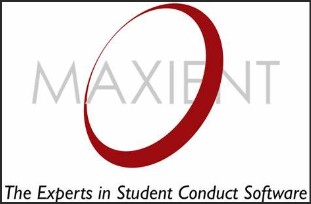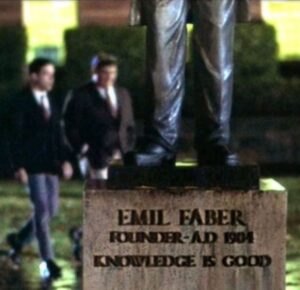
Provost Ian Baucom
by James A. Bacon
Last October University of Virginia Provost Ian Baucom briefed the Faculty Senate executive committee about a package of four multimillion-dollar academic initiatives that were in the works. The camera angle in the video recording shows him as a tiny, barely discernible figure at the far end of a long conference table. But his fast-clipped, staccato voice comes through loud and clear.
One initiative would address society’s “Grand Challenges” while another would build the university’s R&D infrastructure. Two others, largely geared to the pursuit of diversity, would set up a $20 million fund to aid the recruitment of graduate students and a $20 million fund to boost recruitment of “under-represented” faculty.
Members of the Faculty Senate were on board with the diversity programs, and Baucom felt at ease talking about them. “Behind [the faculty-recruitment initiative],” he said, “is the reaffirmation of the Audacious Futures Report to double the number of under-represented faculty. The president and I have been very clear that he stands by that goal.”
Four months later when the initiatives had moved further through the administrative pipeline, though, the Provost was less forthcoming with the Board of Visitors than he had been with the faculty. He described the Grand Challenges and R&D initiatives in considerable detail, but barely acknowledged the other two strategic priorities. He never explained that the faculty and graduate-student initiatives were designed in part to advance diversity.
The dichotomy in Baucom’s presentations raises important questions of governance at UVa. At a time when racial preferences in admissions and hiring are coming under increasing scrutiny, how much information about those practices is the Ryan administration withholding from the Board of Visitors? Who decides what to tell the Board? What power does the Board have to demand a fuller accounting? Continue reading





 University of Virginia President Jim Ryan was awarded a $200,000 bonus during a closed session of the June 3 Board of Visitors meeting,
University of Virginia President Jim Ryan was awarded a $200,000 bonus during a closed session of the June 3 Board of Visitors meeting, 


